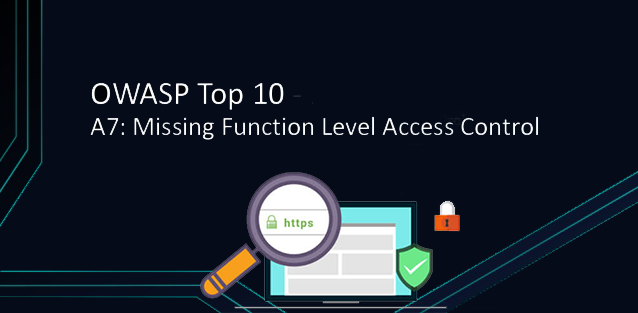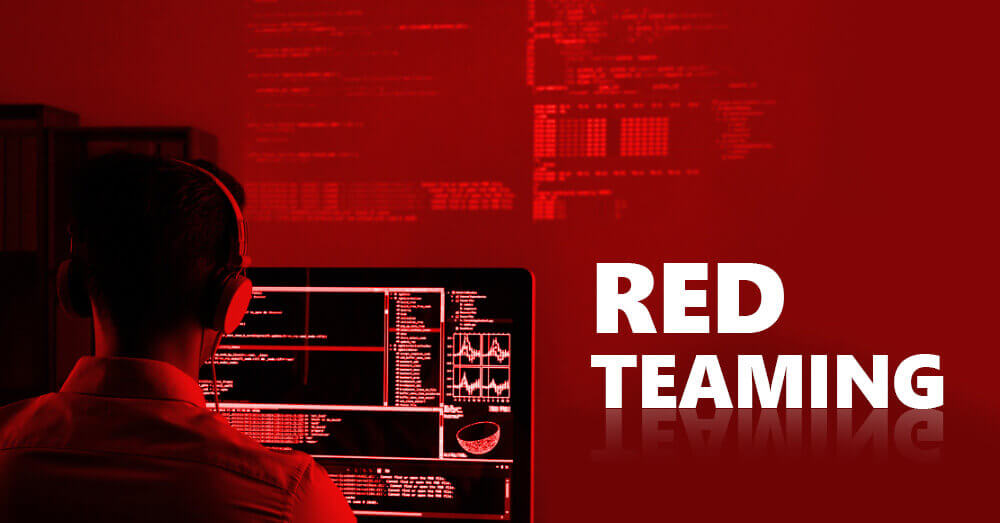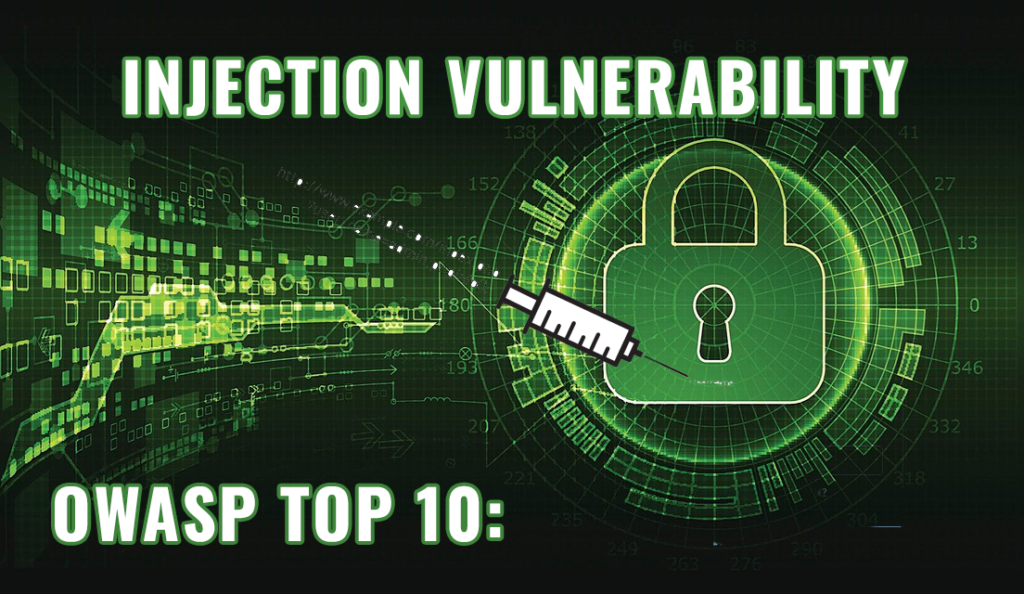Penetration testing or pentesting is a controlled penetration test performed to evaluate the security of a system or network. Pentesters or pentesters use a variety of tools and techniques to detect vulnerabilities, vulnerabilities and potential risks of systems. Penetration testing is an important part of cybersecurity and is done to take necessary precautions to protect systems against cyber attacks.
Penetration testing is a complex and time-consuming process. Penetration testers have to deal with numerous systems and networks, manually collect and analyze data, prepare reports and share results. This process is prone to human errors, inefficiencies and costs. So, how can penetration testers leverage AI technologies to analyze systems more quickly and effectively?
How can AI automate and improve the penetration testing process? Artificial intelligence is computer systems that imitate and learn human intelligence. Artificial intelligence can be used in a variety of ways for penetration testing. For example:
• Artificial intelligence can be used to automatically scan, classify and evaluate systems and networks. This way, penetration testers can reduce the work they need to do manually and deal with more systems and networks. Artificial intelligence can identify, rank and score the features, connections, protocols, services, applications, users and other information of systems and networks. This information helps penetration testers understand and prioritize the security status of systems and networks.
• Artificial intelligence can be used to detect vulnerabilities, vulnerabilities and potential risks in systems and networks. AI can analyze data, find patterns and anomalies, identify attack vectors and create appropriate attack scenarios. This way, penetration testers can conduct a more in-depth and comprehensive security analysis and better protect systems. Artificial intelligence can classify, rank and make recommendations for vulnerabilities, vulnerabilities and potential risks in systems and networks. These recommendations help penetration testers identify measures they can take to harden systems and networks.
• Artificial intelligence can be used to report and share penetration test results. AI can automatically generate, summarize, visualize and present reports. This way, penetration testers can streamline the reporting process and communicate results more clearly and effectively. AI can automatically generate, organize and format information, statistics, graphs, tables, diagrams and other elements found in reports. These elements help penetration testers visually present the security status of systems and networks, vulnerabilities, vulnerabilities, potential risks and recommendations.
What advantages and disadvantages does artificial intelligence provide to penetration testers? Artificial intelligence provides many advantages to penetration testers. For example:
• Artificial intelligence speeds up the penetration testing process, increases efficiency and reduces costs. Artificial intelligence eases the workload of penetration testers, saves time and resources. Artificial intelligence allows penetration testers to deal with more systems and networks, perform penetration testing more frequently and regularly, requiring less manpower and equipment.
• Artificial intelligence improves the penetration testing process, improves quality and increases security. Artificial intelligence enables penetration testers to conduct a more accurate, detailed and comprehensive security analysis, reduces human errors and better protects systems. Artificial intelligence helps penetration testers create more sophisticated, creative and effective attack scenarios, penetrate more challenging, complex and variable systems and networks, and find newer, unknown and advanced vulnerabilities and vulnerabilities.
• Artificial intelligence improves the knowledge and skills of penetration testers and provides opportunities for learning and innovation. Artificial intelligence enables penetration testers to follow new technologies, methods and trends, gain new skills and create new solutions. AI enables penetration testers to interact with, learn from, and improve AI systems.
Artificial intelligence also provides many disadvantages to penetration testers. For example:
• Artificial intelligence complicates the penetration testing process and creates challenges and risks. Artificial intelligence requires penetration testers to spend extra effort and resources to install, manage, update and audit AI systems, technical problems and errors may occur, security breaches and cyber attacks may occur. Artificial intelligence requires penetration testers to constantly check the reliability, accuracy, consistency and performance of AI systems, to ensure that AI systems are not vulnerable to attacks, and to ensure that AI systems are not used against them.
• Artificial intelligence changes the penetration testing process and raises ethical and legal issues. AI affects the role, responsibility and authority of penetration testers, they may have to explain and account for the decisions, behavior and results of AI systems, AI systems may need to comply with ethical and legal standards. AI requires penetration testers to determine the ethical and legal boundaries of AI systems, ensure that AI systems respect human rights, privacy, data protection, security and other values, and ensure that AI systems comply with laws, rules, regulations and policies.
• Artificial intelligence reduces the human factor of penetration testers and creates social and psychological problems. Artificial intelligence may reduce penetration testers’ interaction, collaboration and communication with humans, become dependent on artificial intelligence systems, lose professional satisfaction and motivation, and experience stress and loneliness. Artificial intelligence requires penetration testers to ensure that they do not ignore the human factor, maintain relationships with people, support AI systems rather than relying on them, and ensure that they do not neglect professional development.
Ultimately, AI can automate and improve the penetration testing process, but it can also introduce challenges and risks. When leveraging AI technologies, penetration testers must consider their advantages and disadvantages, use AI systems wisely and responsibly, and employ human intelligence and AI together to ensure cybersecurity.








